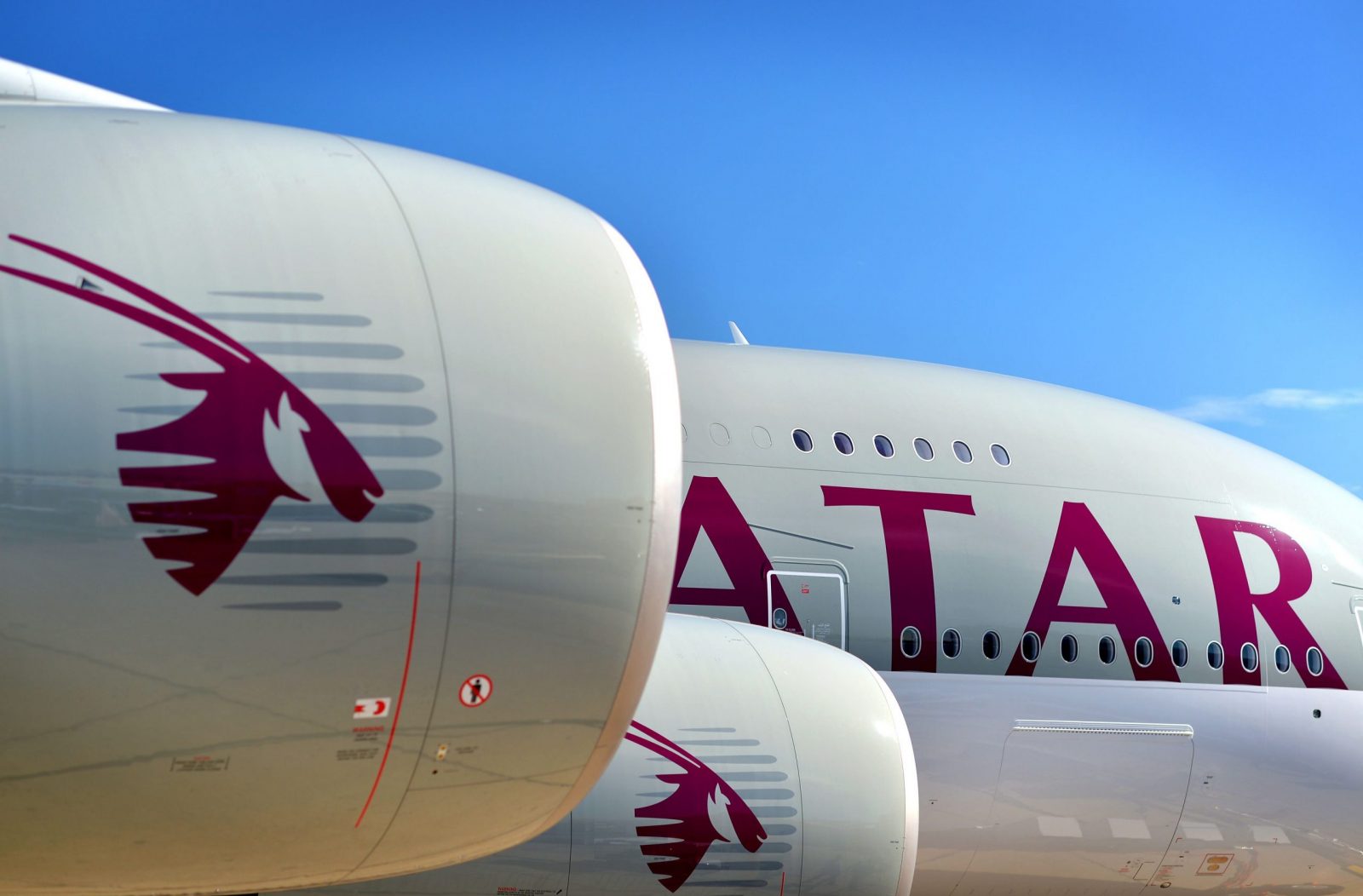
The chief executive of Qatar Airways told an online aviation conference on Wednesday that the Doha-based airline will only operate half of its fleet of Airbus A380s even once travel demand has returned to levels that can easily sustain the double-deck aircraft. The airline had previously warned that its A380s could be grounded forever as a result of the COVID-19 pandemic and has no plans to operate the planes until the end of 2021 at the earliest.
During the CAPA Centre for Aviation conference, Akbar Al Baker said his decision to slash the ten-strong quad-engined A380 fleet by half was driven primarily by environmental concerns.
“The A380 is one of the worst aircraft when it comes to emissions that is flying today,” Baker told the conference. “That is why we have decided that we will not operate them for the foreseeable future – and even when we will operate them, we will only operate half of the numbers we have.”
Before the pandemic, Qatar Airways had already announced plans to permanently retire its A380s by 2024 but the slump in travel demand brought about by the Corona crisis had already pushed the fleet into longterm storage.
Al Baker has previously voiced pessimism over the future of the A380, criticising airlines that plan to continue to operate the aircraft in large numbers. His comments were seen as guarded criticism of regional rival Emirates which hopes to have its entire fleet of 117 A380’s flying in the near future.
Qatar Airways quickly grounded its fleet when the extent of the COVID-19 pandemic started to become apparent. The airline did, however, operate several A380 flights in late March 2020 as part of a massive repatriation effort to get people back to their home countries before borders were sealed.
Mateusz Maszczynski honed his skills as an international flight attendant at the most prominent airline in the Middle East and has been flying ever since... most recently for a well known European airline. Matt is passionate about the aviation industry and has become an expert in passenger experience and human-centric stories. Always keeping an ear close to the ground, Matt's industry insights, analysis and news coverage is frequently relied upon by some of the biggest names in journalism.







